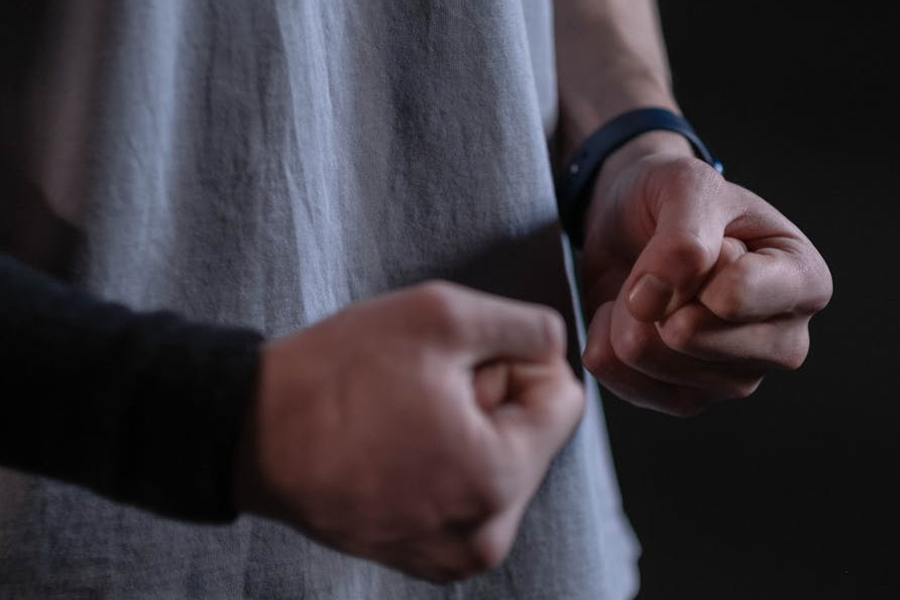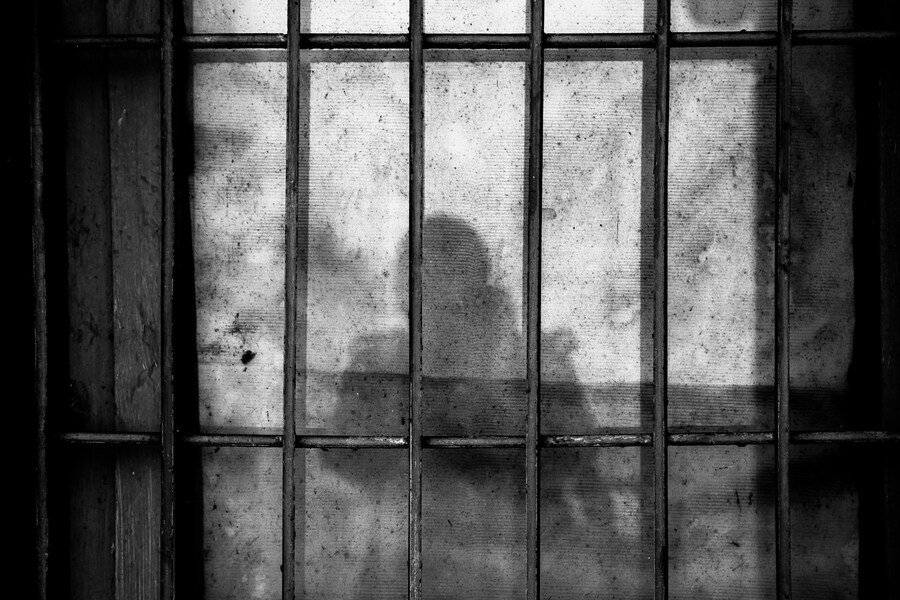What Constitutes Battery in California?

Battery is a serious criminal offense under California law, encompassing a wide range of acts involving the use of force or violence against another person.
Whether you’re facing misdemeanor or felony charges, it’s crucial to understand your rights, the legal process, and the potential impact on your future.
Battery Under California Penal Code Section 242
Under California Penal Code 242, battery is defined as “any willful and unlawful use of force or violence upon the person of another.” This definition may seem straightforward, but it’s essential to understand the key elements that make up a battery offense:
- Willful act: The act must be intentional, not accidental or involuntary.
- Use of force or violence: This can include any harmful or offensive touching, even if it doesn’t cause physical injury.
- Against another person: The act must be committed against someone else, not property.
In California, battery is typically charged as a misdemeanor offense, which carries less severe penalties than a felony. However, certain aggravating factors can elevate a battery charge to a felony, as we’ll discuss later in this article.
It’s worth noting that battery is a separate offense from assault under California law. While assault involves an attempt to use force or violence against another person, battery requires the actual use of force or violence. In some cases, prosecutors may charge an individual with both assault and battery if the circumstances warrant it.
Examples of Battery Under California Law
Battery can take many forms, and it’s not always easy to determine whether an act constitutes battery. Here are some common examples of battery under California law:
- Physical altercations and fights: Punching, kicking, shoving, or otherwise striking another person can be considered battery.
- Domestic violence incidents: Battery committed against a spouse, partner, or family member falls under the category of domestic violence and may be subject to additional penalties.
- Unwanted sexual contact (sexual battery): Touching another person’s intimate parts without their consent can be charged as sexual battery under California Penal Code 243.4.
- Spitting on or throwing objects at another person: Even if no physical contact is made, spitting on someone or throwing an object at them can still be considered battery.
- Aggravated battery involving serious bodily injury or use of a weapon: Battery that results in serious harm or is committed with a deadly weapon can lead to more severe charges, such as battery causing serious bodily injury (California Penal Code 243(d)) or assault with a deadly weapon (California Penal Code 245(a)(1)).
These examples demonstrate the wide range of acts that can be prosecuted as battery in California. If you’re unsure whether a particular incident qualifies as battery, it’s best to consult with a knowledgeable criminal defense attorney who can assess the specific facts of your case.
Penalties for a Battery Conviction in California
The penalties for a battery conviction in California depend on several factors, including the severity of the offense, the defendant’s criminal history, and any aggravating circumstances.
In most cases, simple battery is charged as a misdemeanor, which carries the following potential penalties:
- Up to six months in county jail
- Fines up to $2,000
- Probation
- Restitution to the victim
However, certain aggravating factors can lead to more serious charges and harsher penalties:
- Battery causing serious bodily injury (California Penal Code 243(d)): If the battery results in a serious injury, such as a concussion, broken bone, or wound requiring extensive suturing, it can be charged as a felony punishable by up to four years in state prison.
- Battery against a peace officer or other protected individuals (California Penal Code 243(b) and (c)): Battery committed against a police officer, firefighter, emergency medical technician, or other specified professionals can result in increased penalties, including up to one year in county jail or state prison.
- Domestic battery (California Penal Code 243(e)(1)): Battery against a spouse, partner, or family member can be charged as domestic battery, which carries additional consequences such as mandatory domestic violence counseling and a protective order.
In addition to criminal penalties, a battery conviction can have far-reaching consequences in other areas of your life. A criminal record can make it difficult to find employment, secure housing, or maintain professional licenses. Non-U.S. citizens may face deportation or other immigration consequences.
You may also lose your right to own or possess firearms and face restraining orders that can impact your ability to see your children or return to your home.
Defenses Against Battery Charges in California
If you’ve been accused of battery in San Diego, it’s essential to understand that you have rights and potential defenses. An experienced criminal defense attorney can help you explore strategies for fighting the charges and protecting your future.
Some common defenses against battery charges include:
- Self-defense or defense of others: If you used force to protect yourself or someone else from imminent harm, you may have a valid self-defense claim.
- Lack of intent or accidental contact: If the alleged battery was unintentional or the result of an accident, this can be a strong defense.
- Consent or mutual combat: If the alleged victim consented to the contact or you were both engaged in mutual combat, this may negate the battery charge.
- Insufficient evidence or witness credibility issues: If there are gaps in the prosecution’s evidence or the witnesses are unreliable, your attorney can challenge the strength of the case against you.
- Police misconduct or constitutional violations: If law enforcement violated your rights during the arrest or investigation, your attorney may be able to suppress illegally obtained evidence and weaken the prosecution’s case.
The viability of each defense depends on the unique circumstances of your case. A skilled criminal defense lawyer can assess the evidence, identify the most promising strategies, and build a compelling case on your behalf.
Related Offenses to Battery Under California Law
Battery is just one of several offenses that involve the use of force or violence against another person. Some related offenses under California law include:
- Assault (California Penal Code 240): Attempting to use force or violence against someone else, even if no contact is made.
- Assault with a deadly weapon (California Penal Code 245(a)(1)): Using a deadly weapon or instrument to assault another person.
- Battery on a peace officer (California Penal Code 243(b) and (c)): Committing battery against a police officer or other specified professionals.
- Sexual battery (California Penal Code 243.4): Touching another person’s intimate parts for sexual arousal, gratification, or abuse.
- Elder or dependent adult abuse (California Penal Code 368): Committing battery or other forms of abuse against an elderly or dependent adult.
In some cases, prosecutors may charge an individual with multiple offenses based on the same incident. Having a knowledgeable criminal defense attorney on your side can help you navigate the complexities of California’s criminal justice system and work towards the best possible outcome in your case.
Act Now to Defend Against Battery Charges – Schedule Your Consult Today
If you or someone you love is facing potential felony battery charges in California, swift action is imperative. The penalties can be life altering and long lasting. Give us a call today to set up a case evaluation with one of our attorneys and learn how to best protect your freedom and future.
Too often, we see clients who “wait and see,” unsure of the legal landscape ahead, only for charges to escalate. They then find themselves backpedaling into a bad defense and an even worse lawyer. Don’t let that happen to you. Protect your freedom. Protect your future. Know your rights.
The contents of this article and blog are meant for informational and marketing purposes only and do not constitute legal advice. Viewing and/or use of the blog does not form an attorney-client relationship. No statements in this post are a guarantee, warranty, or prediction of a particular result in your case.









